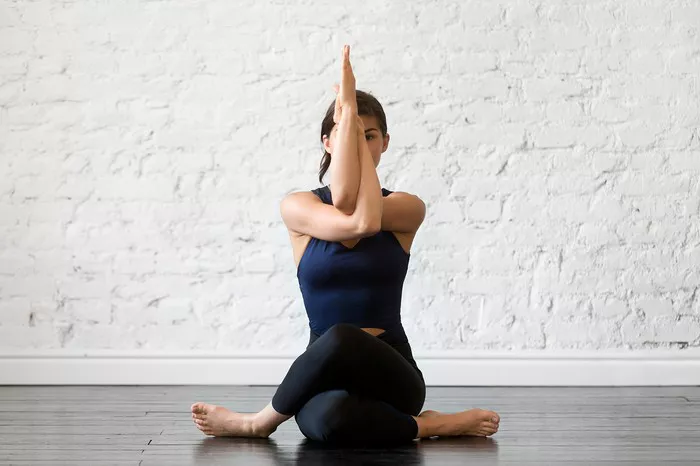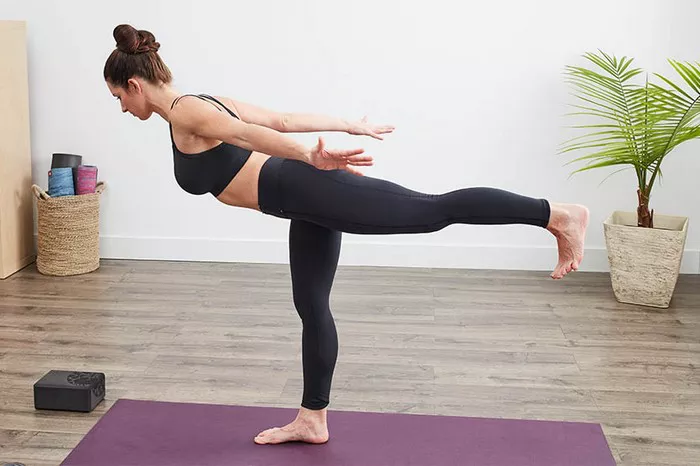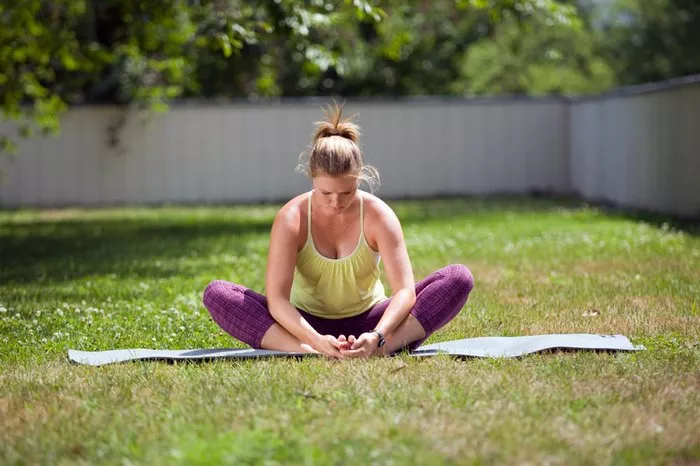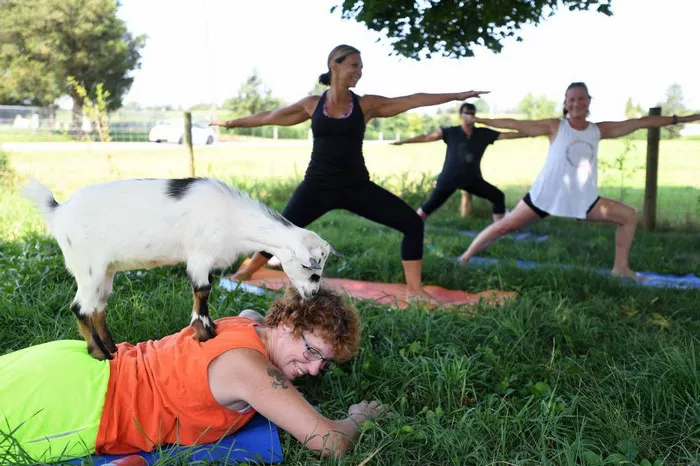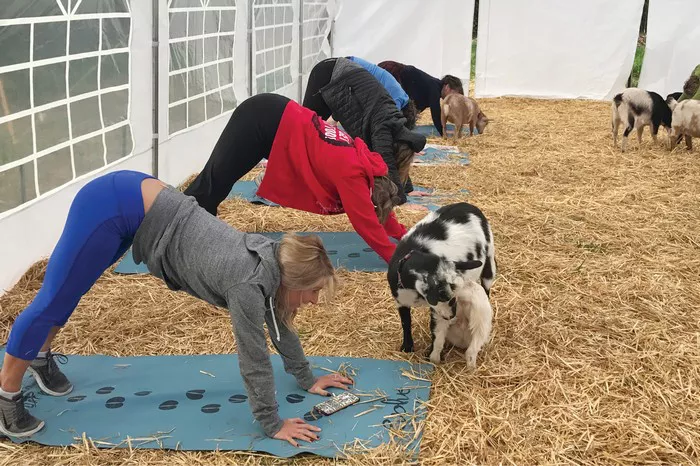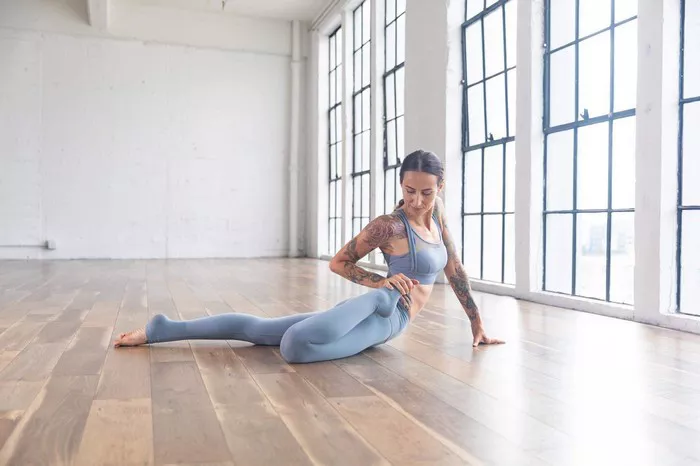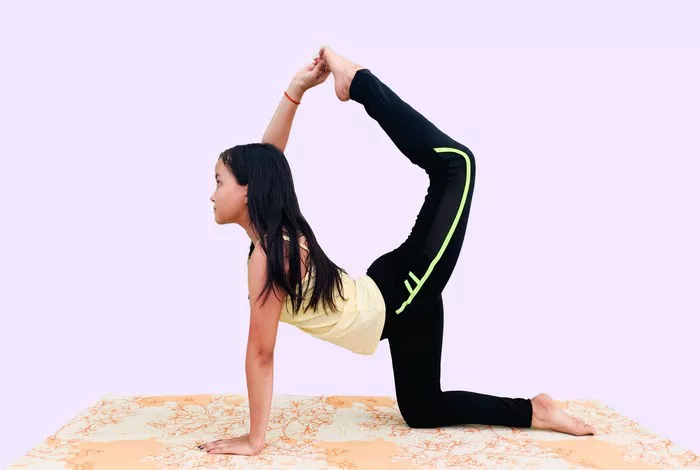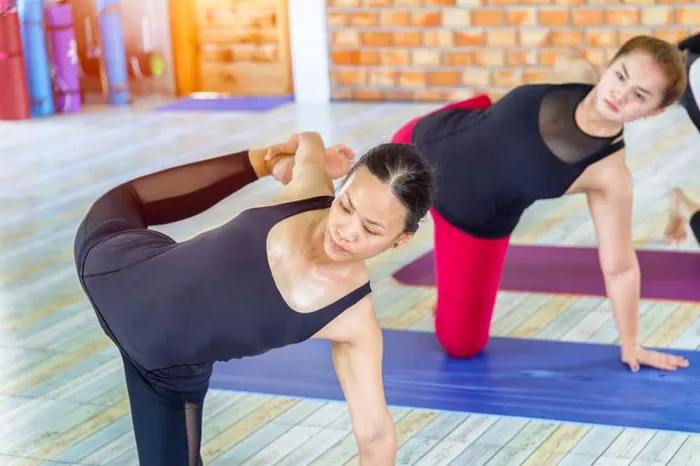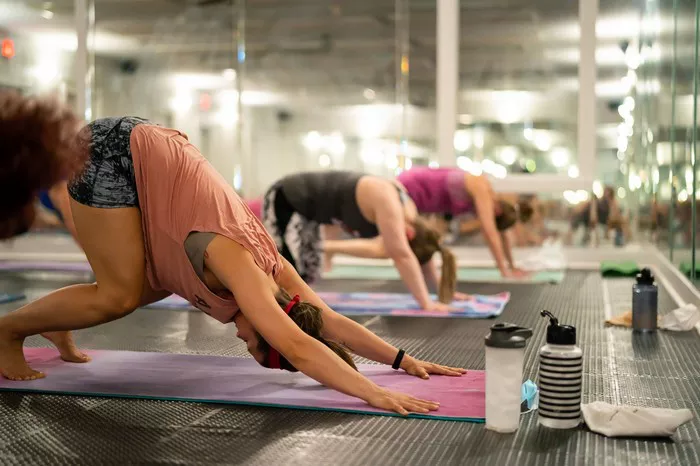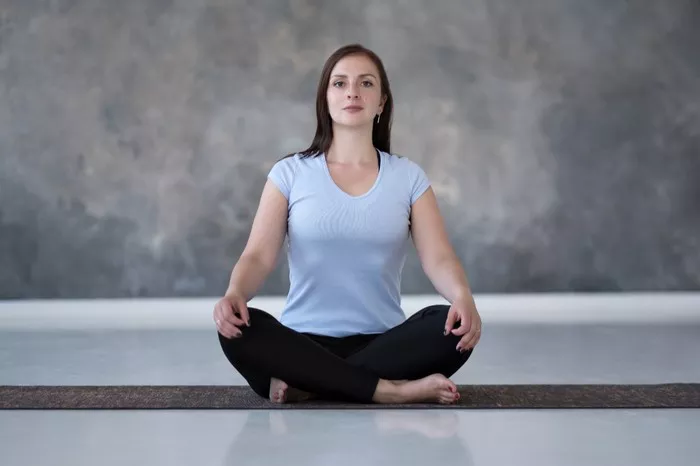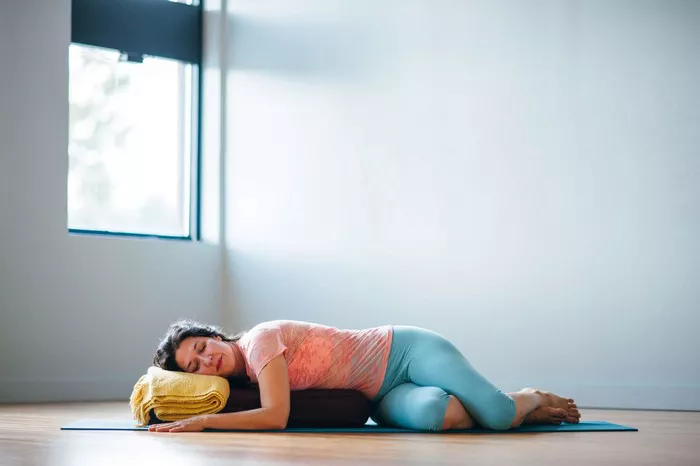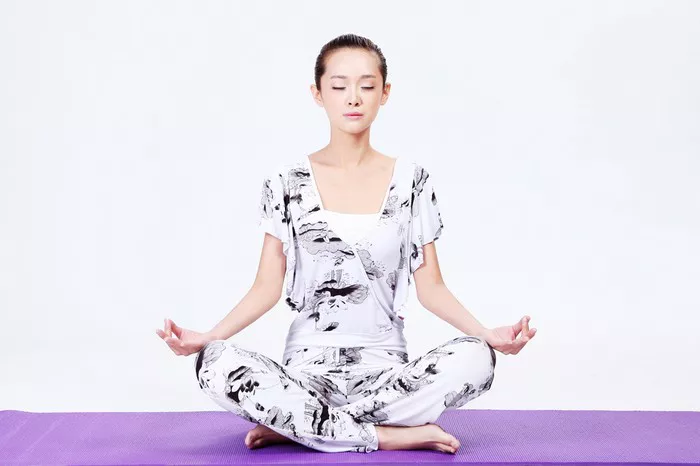Yoga, an ancient practice originating from India, has long been celebrated for its numerous physical benefits such as increased flexibility, strength, and balance. However, its benefits extend far beyond the physical realm, deeply impacting mental health as well. In recent years, the therapeutic effects of yoga on mental well-being have garnered significant attention from researchers and practitioners alike. But with a multitude of yoga styles available, each with its unique approach and focus, one might wonder: which type of yoga is best for mental health? In this article, we delve into the nuances of various yoga practices to help you find the most suitable one to support your mental wellness journey.
Understanding Mental Health and Yoga
Before delving into the specifics of different yoga styles, it’s essential to understand how yoga influences mental health. Yoga, fundamentally, is a mind-body practice that integrates physical postures, breathing techniques, meditation, and relaxation. These elements work synergistically to cultivate a sense of mindfulness, self-awareness, and emotional regulation, which are integral components of mental well-being.
Research suggests that regular yoga practice can alleviate symptoms of stress, anxiety, depression, and other mental health disorders. It does so by reducing physiological markers of stress, such as cortisol levels, while promoting the release of feel-good neurotransmitters like serotonin and dopamine. Additionally, yoga fosters a mind-body connection that encourages individuals to be present in the moment, letting go of worries about the past or future, thus reducing rumination and enhancing overall psychological resilience.
Choosing the Right Yoga Style
With countless yoga styles available, each emphasizing different aspects of the practice, it’s crucial to select one that aligns with your specific mental health goals and preferences. Below, we explore some of the most popular yoga styles known for their therapeutic effects on mental well-being:
1. Hatha Yoga
Hatha yoga is a gentle and accessible form of yoga that focuses on basic postures (asanas) and breathing techniques (pranayama). It is an excellent choice for beginners or those seeking a slower-paced practice. Hatha yoga emphasizes the importance of alignment, breath awareness, and mindfulness, making it conducive to reducing stress and promoting relaxation. Its gentle nature makes it suitable for individuals of all fitness levels and ages.
2. Vinyasa Yoga
Vinyasa yoga, often referred to as flow yoga, synchronizes movement with breath, creating a dynamic and fluid practice. This style typically involves a series of poses linked together in a continuous sequence, providing a cardiovascular workout while promoting mental focus and presence. Vinyasa yoga can be beneficial for individuals seeking a more active and energizing practice to alleviate symptoms of depression or lethargy. However, beginners should approach Vinyasa with caution and opt for beginner-friendly classes to avoid overexertion.
3. Yin Yoga
Yin yoga is a passive style of yoga that involves holding poses for an extended period, typically three to five minutes or longer. This practice targets the deep connective tissues and fascia in the body, promoting flexibility and relaxation. Yin yoga encourages practitioners to surrender to discomfort and observe sensations without judgment, fostering a sense of acceptance and equanimity. It is particularly beneficial for individuals struggling with anxiety or insomnia, as it induces a state of deep relaxation and calms the nervous system.
4. Restorative Yoga
Restorative yoga is a deeply relaxing and nurturing practice that utilizes props such as bolsters, blankets, and blocks to support the body in passive poses. The emphasis is on releasing tension and promoting deep relaxation, making it ideal for stress reduction and anxiety relief. Restorative yoga encourages practitioners to surrender control and cultivate a sense of surrender, allowing the body and mind to enter a state of profound rest and rejuvenation. It is particularly beneficial for individuals experiencing burnout or emotional exhaustion.
5. Kundalini Yoga
Kundalini yoga blends physical postures, breathing techniques, chanting, and meditation to awaken the dormant energy believed to reside at the base of the spine. This dynamic practice aims to release energetic blockages and stimulate spiritual growth and self-awareness. Kundalini yoga is known for its transformative effects on mood and consciousness, helping individuals overcome negative thought patterns and cultivate a deeper sense of connection with themselves and the world around them. However, it may be intense for beginners or those with certain mental health conditions, so it’s essential to approach it mindfully and seek guidance from an experienced teacher.
6. Iyengar Yoga
Iyengar yoga is a precise and methodical style that emphasizes alignment, precision, and the use of props to support practitioners in achieving optimal posture and balance. This style is particularly beneficial for individuals with physical limitations or injuries, as it allows for modifications and adaptations to suit individual needs. Iyengar yoga encourages a deep exploration of each pose, fostering concentration and mindfulness, which can have profound effects on mental well-being. It is suitable for individuals of all ages and fitness levels, providing a safe and accessible way to reap the benefits of yoga.
Conclusion
In conclusion, the best type of yoga for mental health is ultimately subjective and depends on individual preferences, goals, and physical abilities. Whether you prefer a gentle and meditative practice like Hatha or Yin yoga, or a more dynamic and energizing approach like Vinyasa or Kundalini yoga, there is a style suited to meet your unique needs. It’s essential to explore different styles, attend various classes, and listen to your body to determine which practice resonates most with you. Remember that consistency is key, and integrating yoga into your routine can be a powerful tool for enhancing mental well-being and cultivating a greater sense of balance, resilience, and inner peace.

